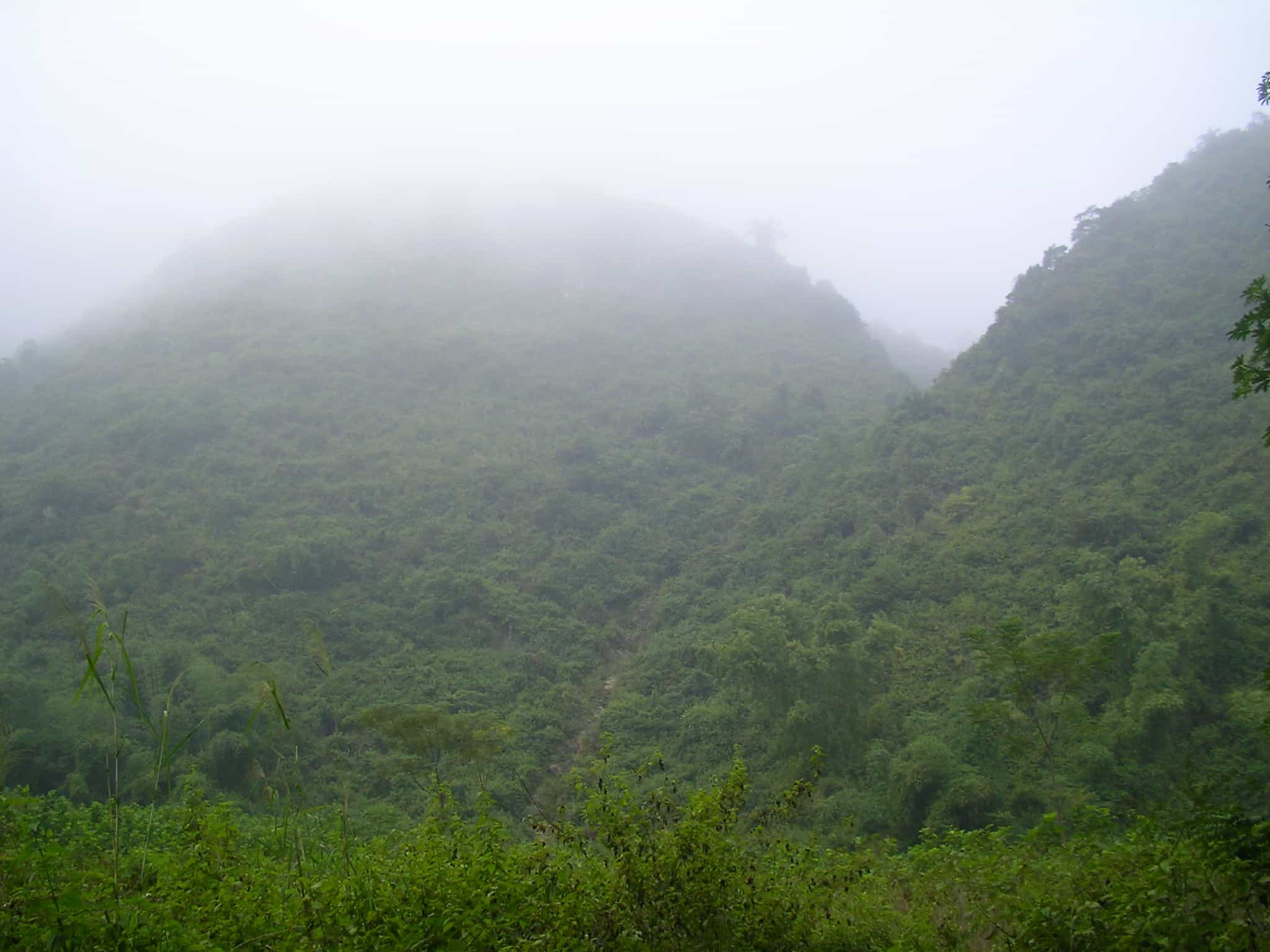
It’s the winter of 2010, and I’m embarking on my most adventurous journey to date, in Northwest Vietnam. Only I don’t know it yet. After failing to beat the crowds in the Mekong Delta, we have pledged not to take the ‘touristy’ circuit again.
Instead of taking the train from Hanoi to Sapa (a popular hill station), we’ve set out along the Northwestern hinterlands of Vietnam, and our conviction to make it to Sapa on land via this route rests on the blog of one guy who said the journey is possible. There is no more information to be found online; no bus timings, no trains, no places to stay, not even the names of the smaller towns & villages we may pass by. This is the story of one such village.
We arrive at the local bus stop of Hanoi, and in broken language, communicate the route we want to embark on. Buses leave for Mai Chau, the first of the small towns we could break our journey at for the night, every few minutes, we are told, but they carry no names and you need to know the right one to hail.
A kind soul decides to accompany us as we wait for our bus, and when the bus arrives, tells the driver where we must alight. We leave the traffic of Hanoi behind in no time, and drive through empty roads edged with pastures of green, that occasionally culminate in a faint outline of the mountains beyond.
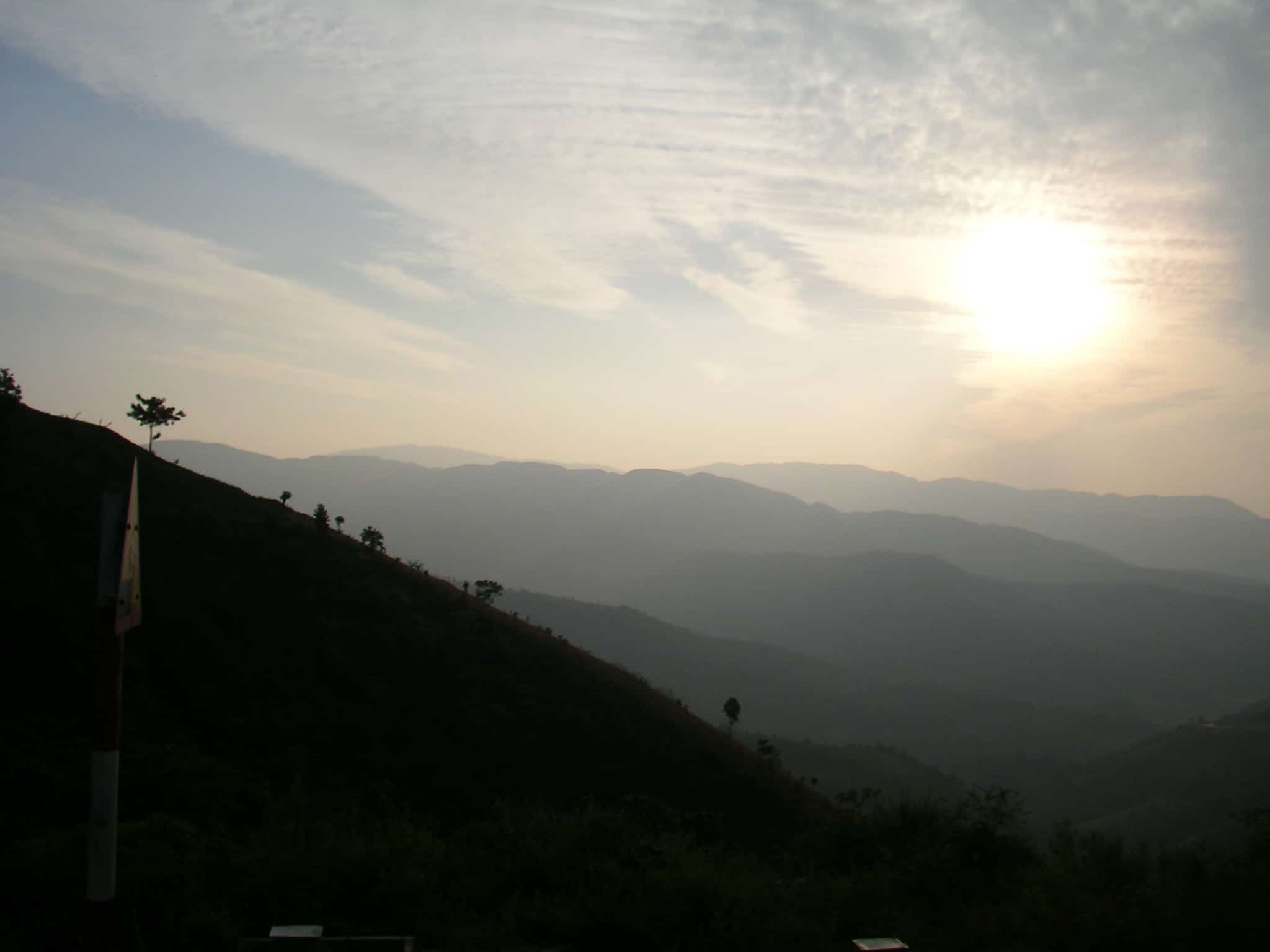
From time to time, young men come to us to practice their English. Typically, they ask how we are and reply to it too, and count from one to ten. We smile often; beyond ten, that’s the only language we have in common. In sign language, one man asks if we have a place to stay in Mai Chau, and when we nod no, he shows us a visiting card of his friend who can offer us a room in his house. We decline the offer, determined not to get touted and find our own way around, but he insists in words we don’t understand and dials his friend.
About five hours into the journey, the bus halts and we are signalled to alight. A big, chubby man called Ho, the friend of our man on the bus, is waiting for us with a wide smile and his motorbike. We politely tell him that we’d like to eat, famished as we are, and then walk around to find a place by ourselves. Would he please leave without us? But Ho wouldn’t hear of it. He drags his bike along as we stroll, and points out a little shop where we could eat pho, the Vietnamese staple of boiled noodles & soup, and literally that in its vegetarian version. We have a change of heart seeing him wait patiently as we eat, and agree to go to stay at his house for the night.
On his bike, we ride to his tiny village. Large paddies of rice greet us. The mountains beyond are covered in mist. The breeze is cool, and the sun is about to set. Ho maneuvers his way along a narrow path, and many small turns later, we arrive at his wooden house raised on stilts. His wife, Binh, is waiting for us with a big smile, just as Ho was when we had alighted. The upper deck of the house is one big room. Binh has fixed our bed in one corner, separated by a curtain. She, her husband and their teenage daughter sleep on the other end, in a similar enclosure. The ‘kitchen’ narrowly extends along the walls.
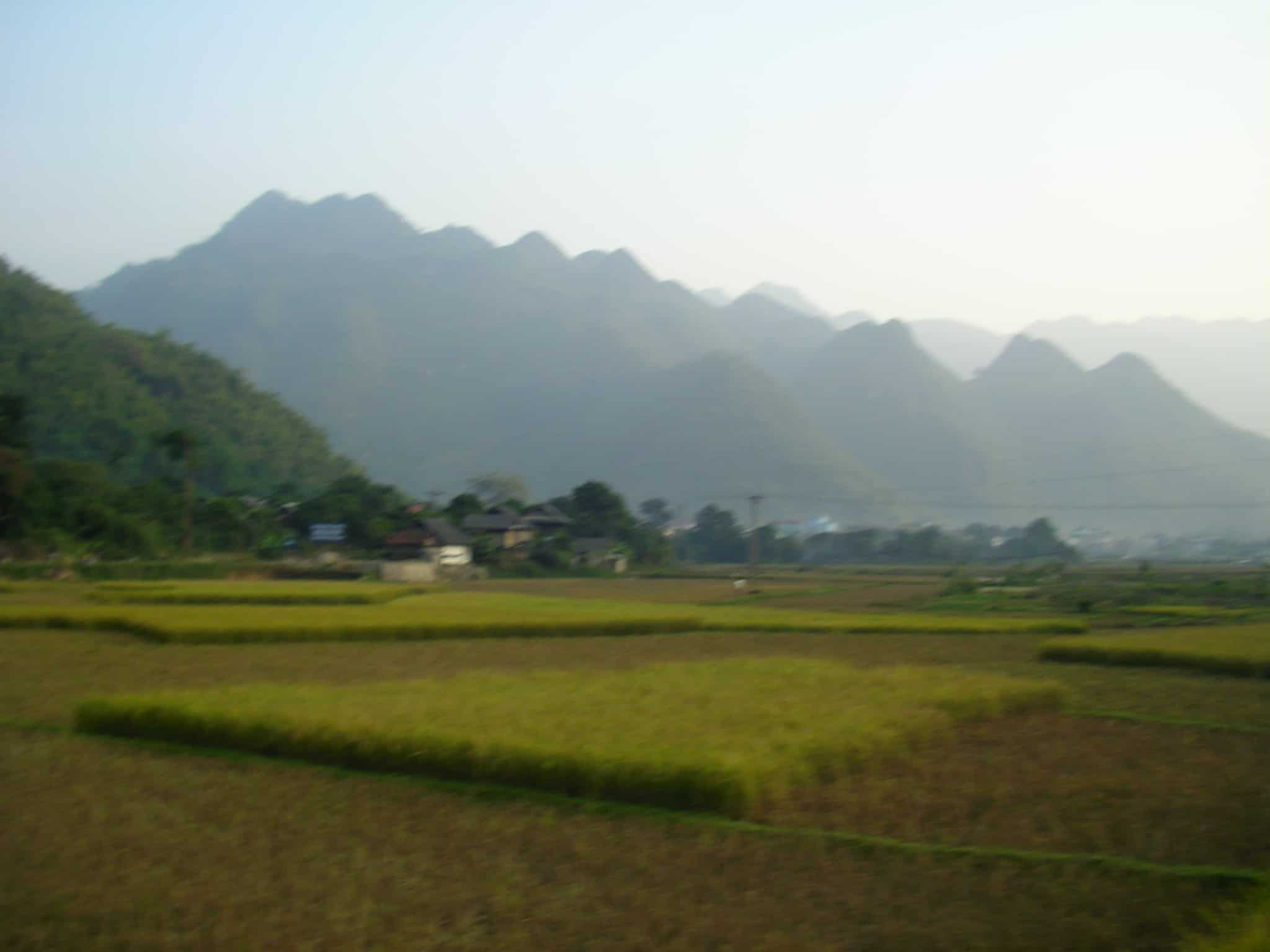
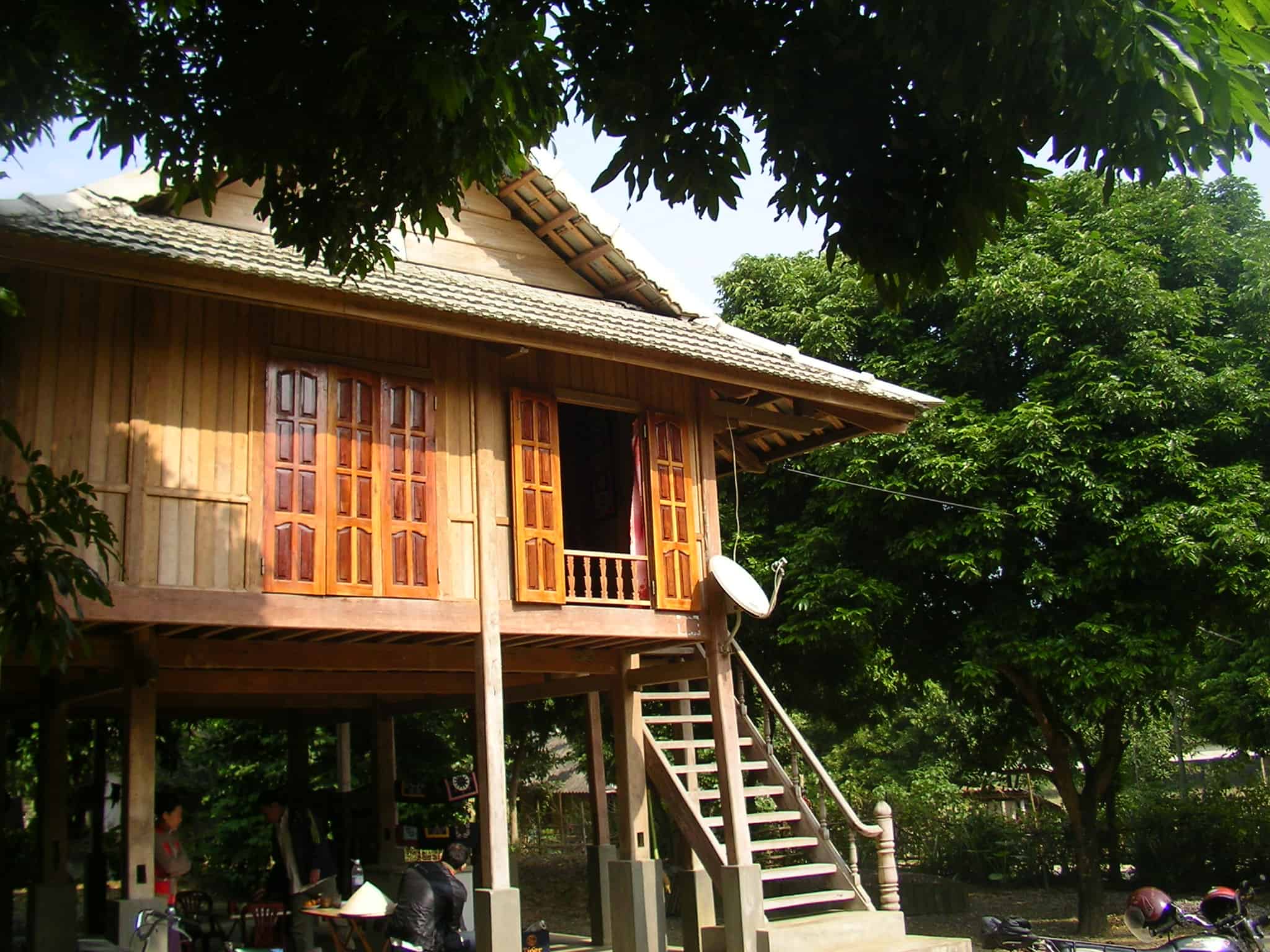
We freshen up and head out for a walk in the serene surroundings we’ve landed in. Houses are sparse here, and not many people can be seen on the road. The people we do see smile heartily but speak no English, and we thank our stars for Ho’s insistence on staying at his place.
We reach home after dark, and Ho brings out a notebook with names of the people who have stayed with him before, and goes on to show us a list of places he could be our guide to, from which we realize that be belongs to the White Thai tribe of the region. We tell him of our plan to continue down this route tomorrow towards Sapa, and in his abrupt way, he dismisses it as “not possible”, one of the few English phrases he is familiar with. I offer to help Binh with her cooking as an excuse to ask her the multitude of questions I have about her life in Mai Chau. Realizing she doesn’t speak much English, my questions assume yes / no choices, and to everything, her answer is a yes with a little laugh.
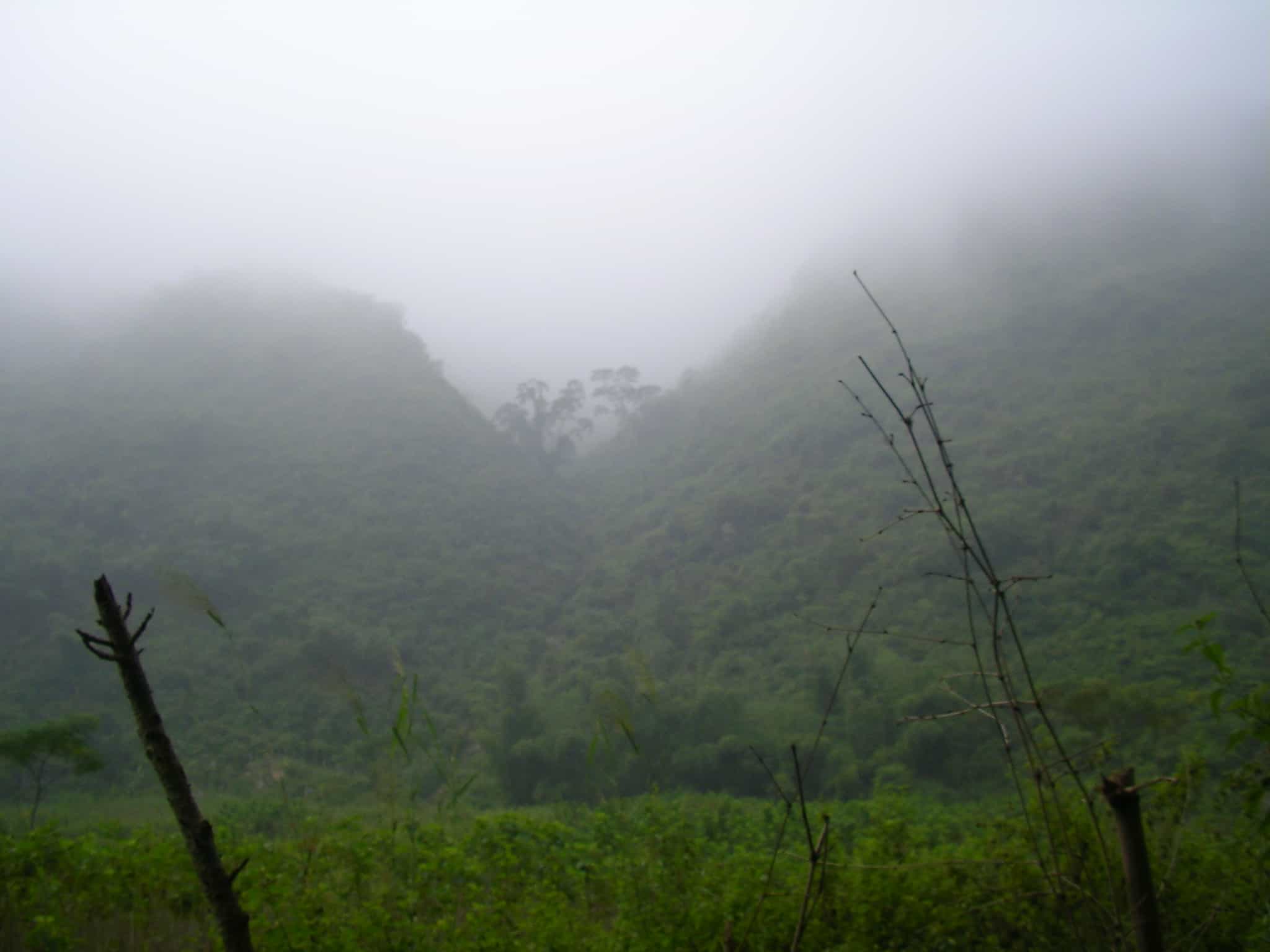
After a hearty meal and shots of some nasty local liquor that Ho deemed as customary, we settle into our cozy bed to rejuvenate for the adventures of the days to come. We cycle to a nearby river the next morning, along the misty slopes of the village, past paddy fields & banana plantations, watching women heading up into the mountains to find firewood. Over breakfast, Ho & Binh try convincing us to stay longer, but we remain resolute to continue as far as this road will take us, and as deep into Vietnam’s hinterlands. We part with hugs, and I make a mental note of coming back someday to my ‘home’ in yet another part of the world.
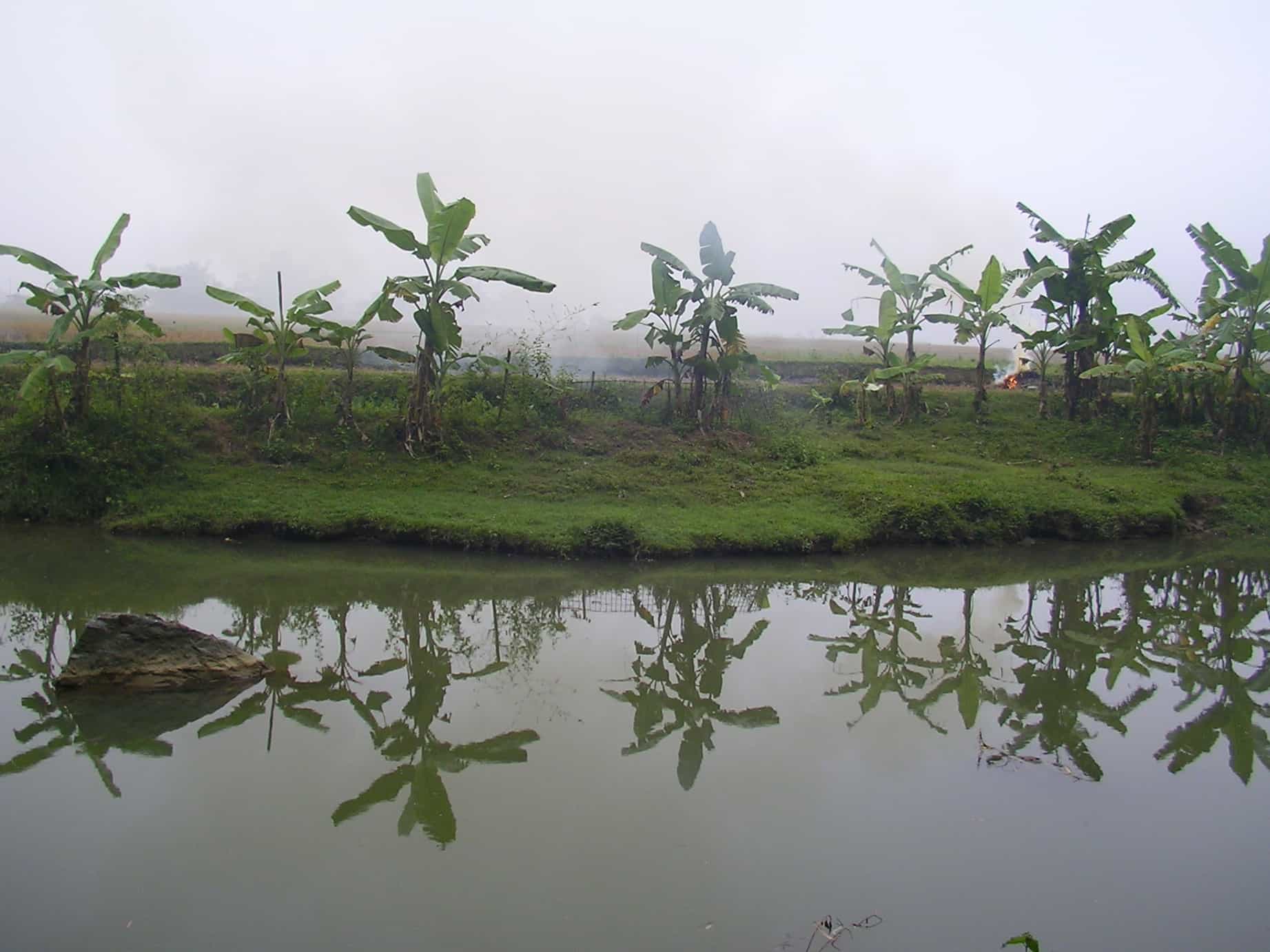
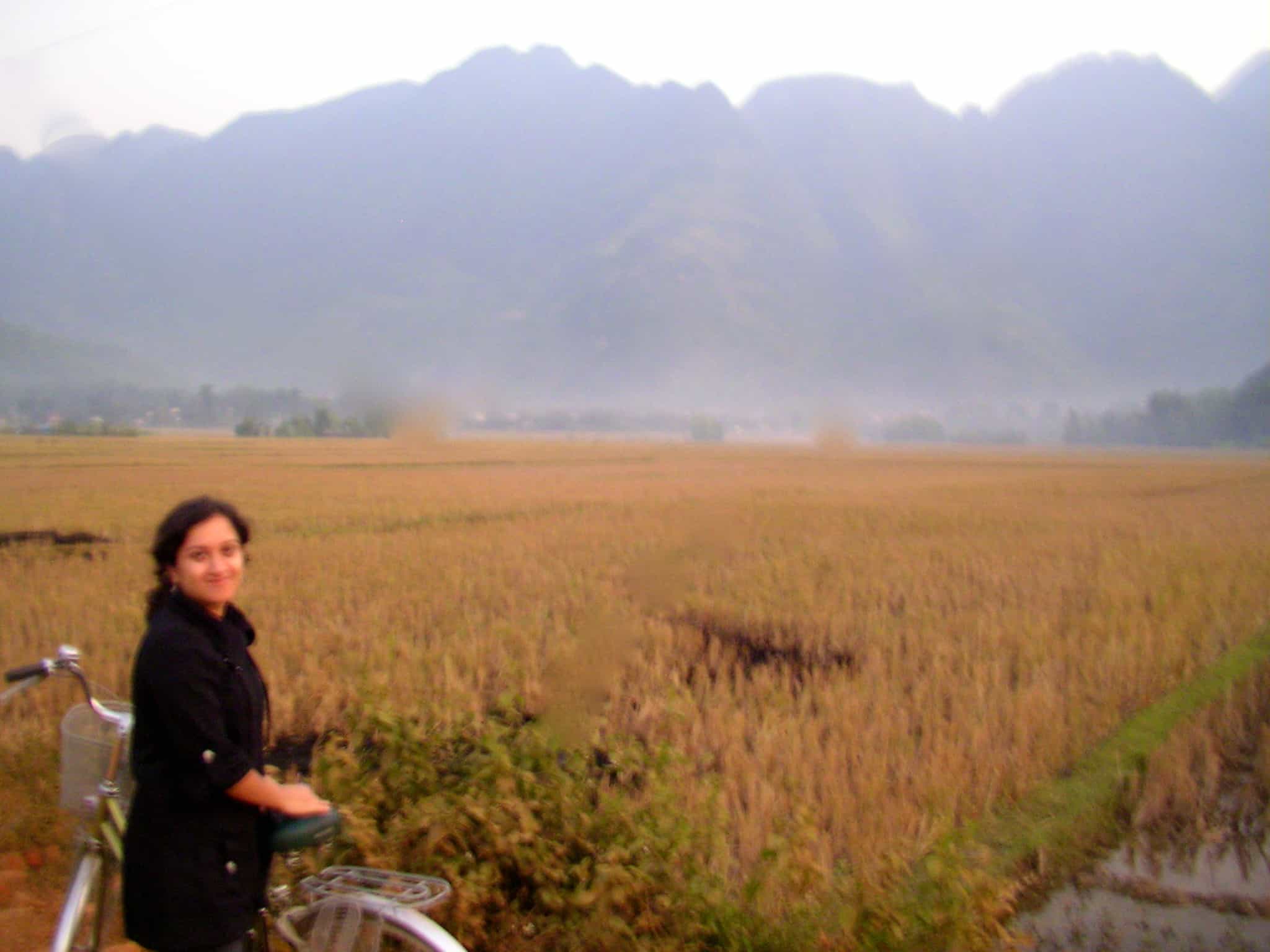
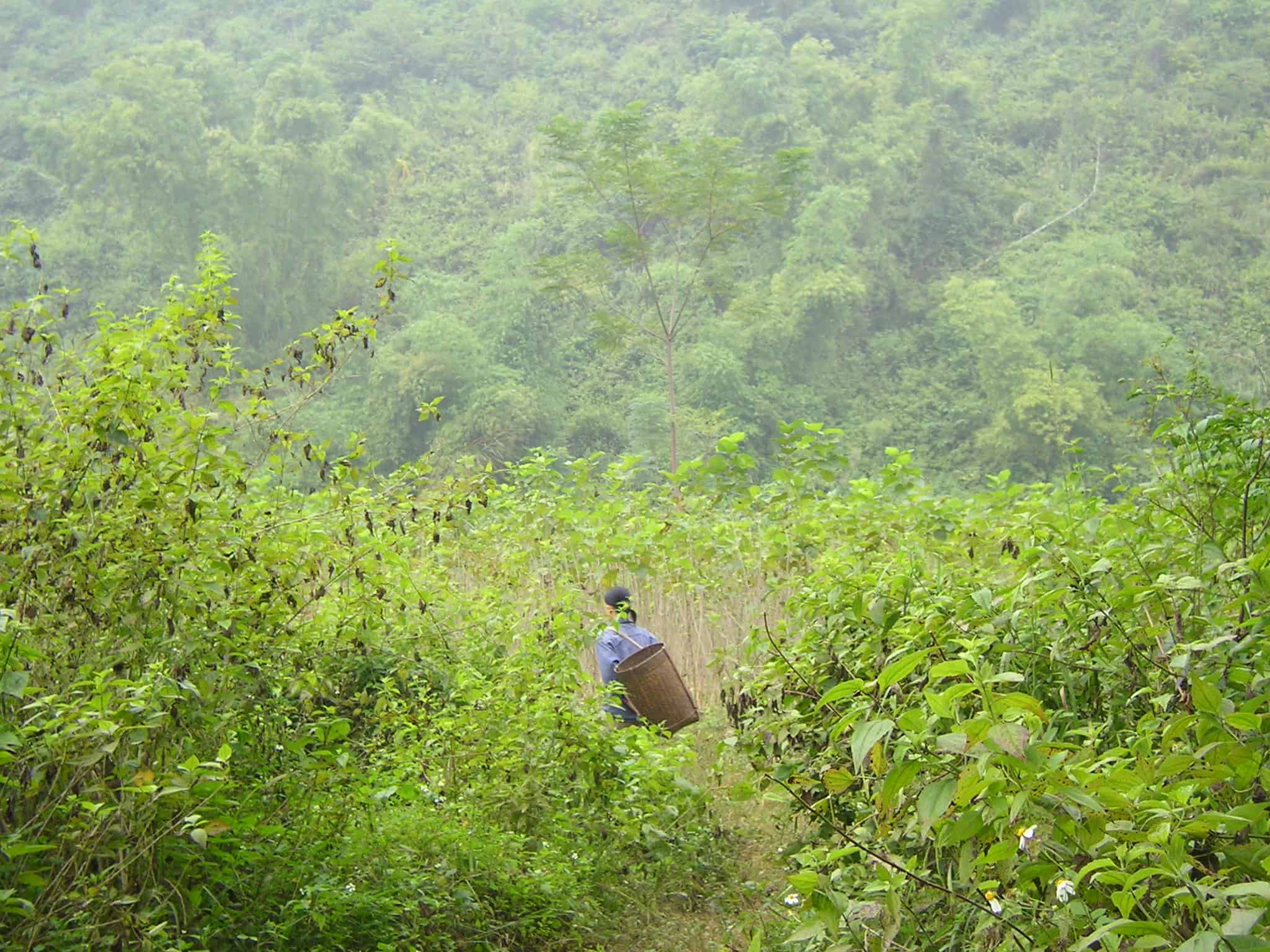
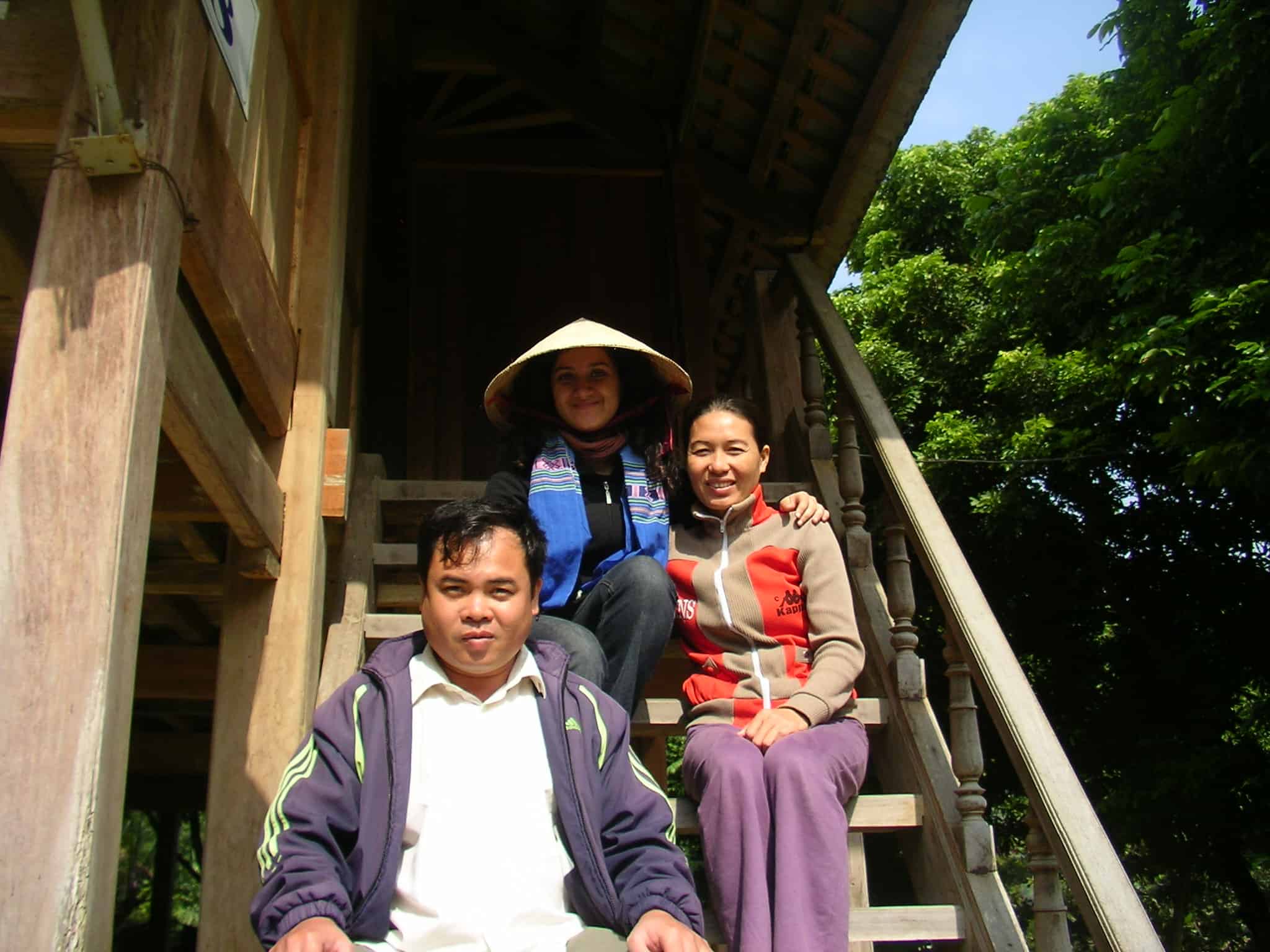

Shivya Nath is an Indian girl who fell in love with traveling, writing and social media. The first is the most thrilling, because being from a protective Indian family means every travel plan comes with a small battle. She says, “I’m not complaining. At my age, few from my hometown have traveled as much and as independently as me.”
She juggles work, travel and blogging, until she finds the perfect blend of the three. Join her on her journeys around the world, as she seeks the most untouched, undiscovered of places that few have been to, and even fewer have written out.








